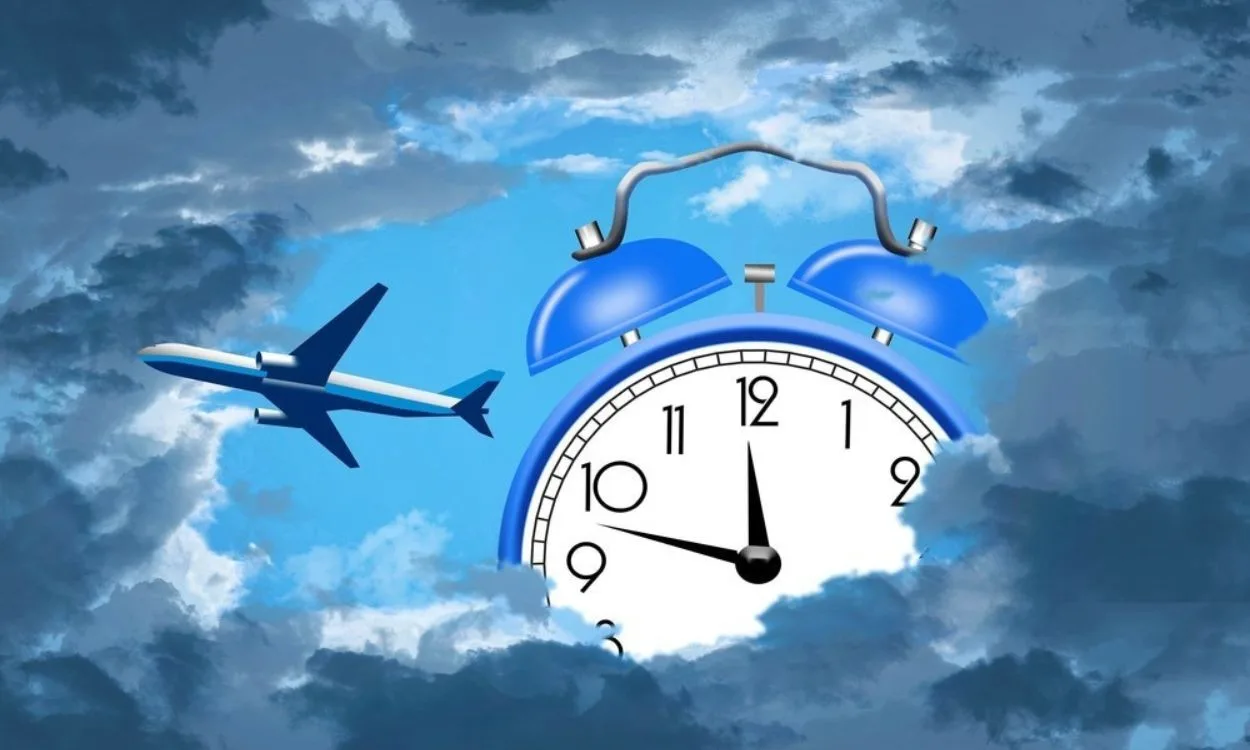How does jet lag affect our sleep and how can it be minimized?
Jet lag is a common phenomenon that occurs when our body’s internal clock, also known as the circadian rhythm, is disrupted due to traveling across multiple time zones. It can have a significant impact on our sleep patterns, leaving us feeling tired, groggy, and out of sync with the local time. In this article, we will explore how jet lag affects our sleep and provide practical tips to minimize its effects.
Understanding the impact of jet lag on sleep
- Disruption of circadian rhythm: Jet lag disrupts our body’s natural sleep-wake cycle, making it difficult to adjust to the new time zone. Our internal clock needs time to synchronize with the local time, leading to difficulties falling asleep at night or staying awake during the day.
- Sleep disturbances: Jet lag can cause various sleep disturbances, including insomnia, fragmented sleep, and excessive daytime sleepiness. These disruptions can lead to fatigue, irritability, and difficulty concentrating.
- Shift in melatonin production: Melatonin is a hormone that regulates sleep-wake cycles. When traveling to a different time zone, the production of melatonin may be delayed or advanced, causing our sleep patterns to be out of sync with the local time.
- Environmental factors: Traveling to a new destination often means adjusting to different sleeping environments, such as unfamiliar beds, noise levels, and temperature. These factors can further disrupt our sleep and contribute to jet lag symptoms.
Minimizing the effects of jet lag on sleep
- Gradual adjustment: If possible, start adjusting your sleep schedule a few days before your trip. Gradually shift your bedtime and wake-up time closer to the local time of your destination. This can help your body adapt to the new time zone more smoothly.
- Stay hydrated: Drink plenty of water before, during, and after your flight. Dehydration can worsen the symptoms of jet lag and affect your sleep quality. Avoid excessive caffeine and alcohol, as they can disrupt your sleep even further.
- Seek natural light exposure: Upon arrival at your destination, expose yourself to natural light as much as possible. Natural light helps reset your internal clock and promotes alertness during the day. If sunlight is limited, consider using light therapy devices to simulate natural light.
- Maintain a consistent sleep routine: Stick to a regular sleep schedule, even if you feel tired or awake at odd hours. This consistency can help your body adjust more quickly to the new time zone. Create a sleep-friendly environment by keeping your bedroom dark, cool, and quiet.
- Avoid long naps: While it may be tempting to take a long nap upon arrival, it can disrupt your ability to sleep at night. Limit naps to 20-30 minutes to help combat fatigue during the day without interfering with your nighttime sleep.
- Consider melatonin supplements: Consult with your healthcare provider about the appropriate use of melatonin supplements to help regulate your sleep-wake cycle. Melatonin can be particularly useful for aiding sleep during the first few nights in a new time zone.
- Relaxation techniques: Practice relaxation techniques such as deep breathing, meditation, or gentle stretching to promote relaxation and reduce stress, which can improve sleep quality.
Introducing Fitpaa – Your companion for healthy sleep and lifestyle
While managing jet lag is essential for a good night’s sleep, Fitpaa can provide you with comprehensive support to optimize your overall health and well-being. Fitpaa’s AI-driven platform incorporates the latest research in lifestyle medicine and behavioral therapy to deliver guaranteed results. Here’s how Fitpaa can assist you:
- Personalized sleep plans: Fitpaa’s expert team of nutritionists, fitness coaches, and doctors can create personalized sleep plans to ensure you get the restorative sleep you need, regardless of the time zone you’re in.
- Metabolism monitoring: Fitpaa’s cutting-edge technology allows for precise metabolism monitoring, assisting in identifying the root causes of sleep disturbances and providing tailored interventions to improve sleep quality.
- Real-time guidance: Fitpaa’s real-time guidance technology incorporates cognitive behavioral therapy techniques to help establish healthy sleep habits and track your progress towards better sleep.
- Comprehensive wellness support: Fitpaa’s holistic approach covers all aspects of wellness, including nutrition, exercise, and mental health. By optimizing your overall well-being, Fitpaa can contribute to a better sleep experience.
In conclusion, jet lag can significantly impact our sleep patterns and overall well-being when traveling to different time zones. By understanding its effects and implementing strategies to minimize its impact, such as gradual adjustment, light exposure, and maintaining a consistent sleep routine, we can regain control over our sleep. Additionally, Fitpaa offers a comprehensive solution to support your sleep goals and overall health, ensuring you achieve optimal sleep and well-being. Download the Fitpaa app today and experience the joy of healthy sleep and a fulfilling lifestyle.









